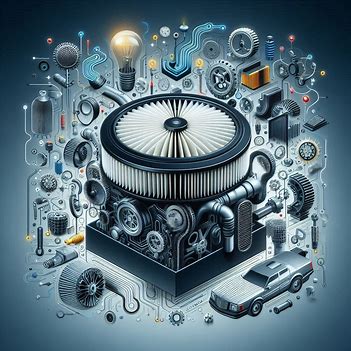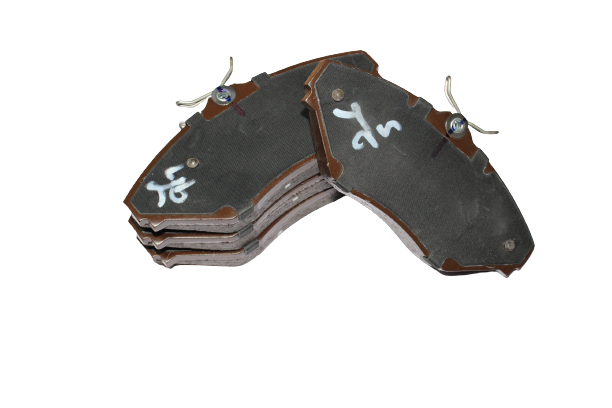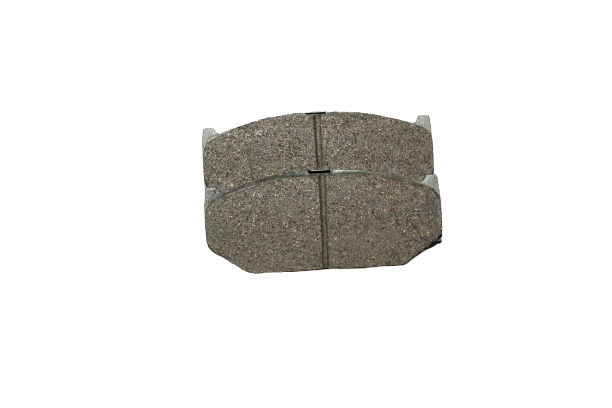When it comes to maintaining your car’s health, many drivers tend to focus on the obvious components like oil changes, tire rotations, and brake inspections. However, one often-overlooked yet crucial part of your vehicle’s performance and longevity is the air filter. In this blog, we’ll dive into the world of car air filters, explaining what they are, how they work, and why keeping them in good condition is essential.
What is a Car Air Filter?
An air filter is a simple yet vital component of your car’s intake system. Its primary function is to filter the air that enters the engine, trapping dust, dirt, pollen, and other debris. This ensures that only clean air mixes with the fuel in the engine, optimizing performance and efficiency.

Types of Car Air Filters
- Paper Filters: These are the most common and affordable type. They are typically made from pleated paper and are disposable. While effective at trapping particles, they need to be replaced regularly.
- Foam Filters: These are often used in off-road vehicles due to their high dust-holding capacity. They can be washed and reused, making them a more sustainable option.
- Cotton Filters: Often used in high-performance vehicles, these filters are made from layers of cotton gauze and are oiled to improve filtration. They are reusable and offer better airflow compared to paper filters.
- Carbon Filters: These filters contain activated carbon, which helps to absorb odors and gases, providing cleaner air inside the cabin. They are commonly used in cabin air filters rather than engine air filters.
How Air Filters Work
Air filters are positioned in the intake system to ensure that all incoming air passes through them before reaching the engine. As air flows through the filter, contaminants are trapped in the filter media, allowing only clean air to pass through. This process is crucial for maintaining the proper air-to-fuel ratio, which directly affects engine performance and efficiency.
Benefits of a Clean Air Filter
- Improved Engine Performance: A clean air filter ensures that the engine receives a sufficient amount of clean air. This promotes complete fuel combustion, resulting in smoother engine operation and better acceleration.
- Enhanced Fuel Efficiency: When the air filter is clogged, the engine compensates by consuming more fuel. Replacing a dirty air filter can improve fuel economy by up to 10%.
- Extended Engine Life: By preventing dirt and debris from entering the engine, a clean air filter reduces wear and tear on engine components, potentially extending the life of your engine.
- Reduced Emissions: A properly functioning air filter helps maintain the correct air-to-fuel ratio, reducing the emission of harmful pollutants and contributing to a cleaner environment.
Signs of a Dirty Air Filter
- Reduced Acceleration: If your car is sluggish when you press the accelerator, it could be due to a clogged air filter restricting airflow.
- Decreased Fuel Economy: A sudden drop in fuel efficiency might indicate that the engine is working harder due to restricted airflow.
- Engine Misfires: A dirty air filter can cause irregular fuel combustion, leading to engine misfires or rough idling.
- Unusual Engine Sounds: Whistling or coughing noises from the engine compartment could be signs of a clogged air filter.
When to Replace Your Air Filter
The frequency of air filter replacement depends on various factors, including your driving environment and habits. Generally, it’s recommended to replace the air filter every 12,000 to 15,000 miles or at least once a year. However, if you frequently drive in dusty or polluted conditions, more frequent replacements may be necessary.
DIY Replacement vs. Professional Service
Replacing an air filter is a relatively simple task that many car owners can do themselves. Most air filters are easily accessible, and the process usually involves removing a few clips or screws. However, if you’re not comfortable doing it yourself, any professional mechanic can replace the air filter during routine maintenance.
Conclusion
An air filter is a small component that plays a big role in maintaining your car’s performance, efficiency, and longevity. Regularly checking and replacing your air filter is a simple yet effective way to ensure that your engine runs smoothly and efficiently. By paying attention to this often-overlooked part of your vehicle, you can enjoy a better driving experience and avoid potential engine issues down the road.
Remember, a clean air filter means a cleaner, healthier engine, so don’t neglect this essential aspect of car maintenance!




